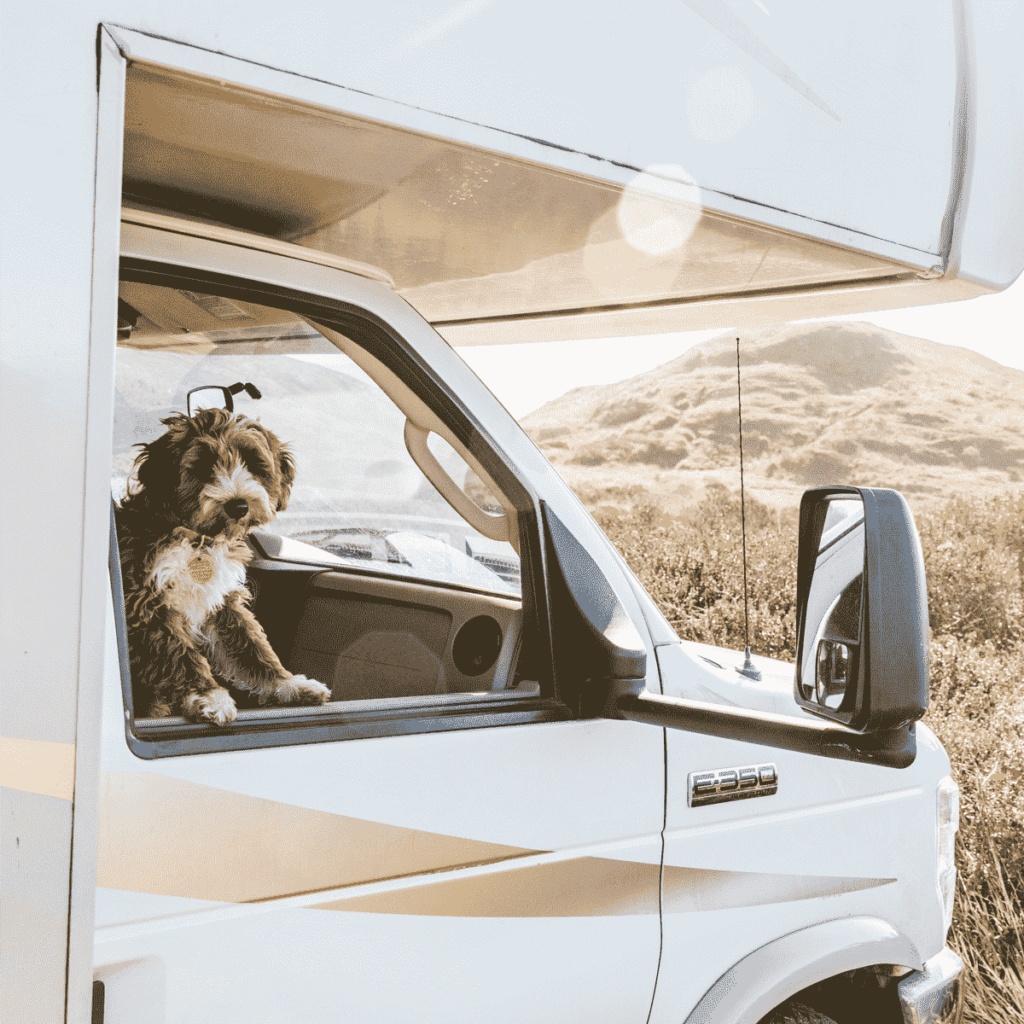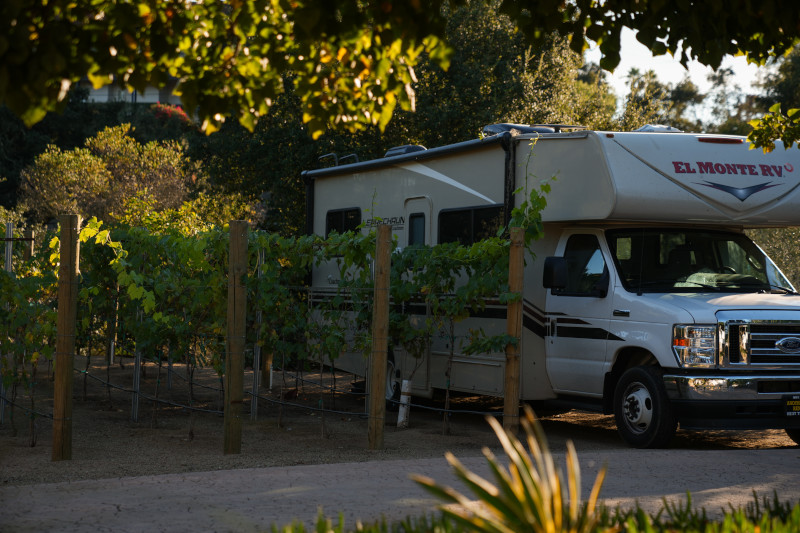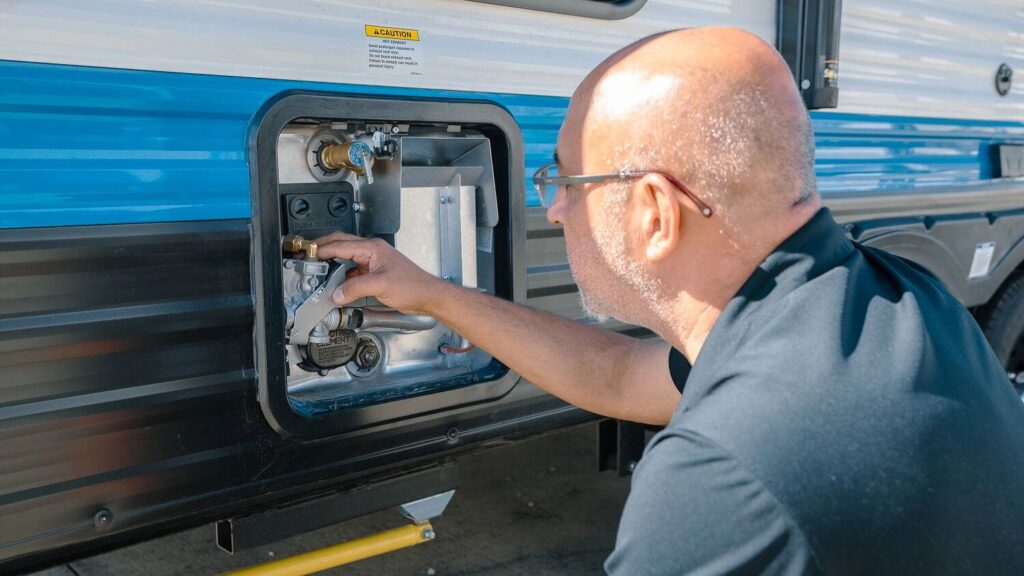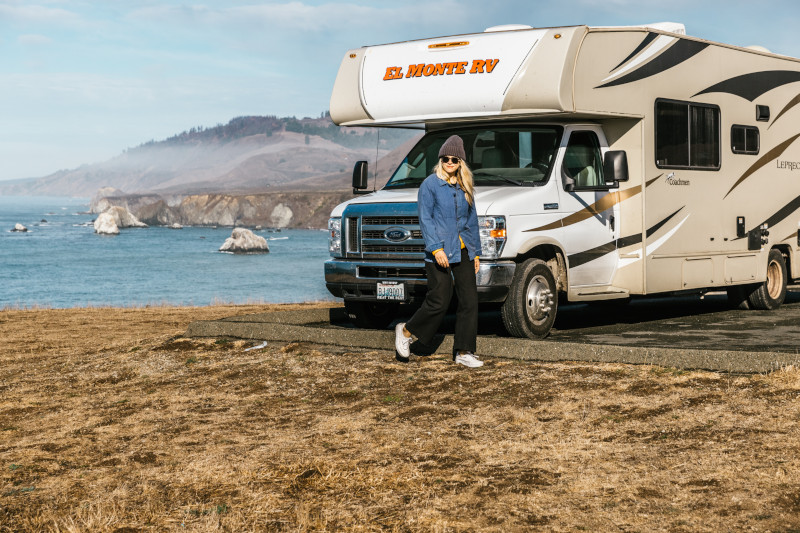RVing is a great way to explore the country and enjoy nature. But it can also be an expensive hobby if you not conserving water while traveling.
Here are some tips for conserving water when RVing, so you don’t have to worry about running out of clean drinking water or having to pay too much to refill your water tanks. Remember that fresh water is a precious resource and you want to conserve it as much as possible.
Follow these simple steps to save water on your next trip!
* Turn off the faucet while brushing teeth or washing dishes
* Use a bucket and mop instead of hosing down your rig
* Fill up jugs with filtered water from gas stations before filling up your tank
* Take shorter showers (use a timer)
* Don’t let your toilet run unnecessarily
* Wash clothes in cold or warm water only – or use the campgrounds laundry facilities if available.
* Collect rainwater in barrels for cooking and cleaning purposes. It’s free!
Here are some more tips about how to conserve water when RVing:
- Fill up your fresh water tank at a campground before you leave.
- Use a bucket to catch the water from the shower and use it for cleaning the outside of your RV.
- Limit showers to five minutes – take quick, cold showers instead of long hot ones.
- Take shorter trips so that you don’t need as much water.
- Use a bucket or jug to hand-pump water into the sink when washing dishes.
- Turn off the faucet while brushing teeth or shaving and use the same technique for shampooing hair.
- When it’s time for a shower, turn off the faucet when soaping up, then turn it back on after rinsing and lathering up again (this is called “shower saving” or a “military shower.”)
- Be water aware – realize that all your water has to come from some fresh water source so think with conserving it rather than wasting water.
And here are even more tips to save water from some seasoned RV’ers we checked with:
In the kitchen:
Fortunately, most of the best ways to conserve water here also make your life easier with regards to the cooking and cleanup itself. Here are some of our favorite simple tricks:
- Focus on meals that don’t require many dishes to cook, or even meals that don’t require any cooking whatsoever. Think one-pot stews, sandwiches, or anything on the grill.
- Keep conserving once the meal is made by serving it on disposable paper dishware. Of course, this isn’t necessarily the best option for the planet, so make sure to use compostable or biodegradable disposables whenever possible.
- Save the major washing-up for when you get home. If you’re only boondocking for a few days, you can bring a cooler or other tightly-sealed containers to place any dirty dishes, and also laundry, into. Not only will you not use as much water, you won’t spend any of your vacation slaving away doing chores.
- Don’t drink it! Of course, we’re not recommending you don’t stay hydrated — that’s very important! But instead of relying on your RV’s fresh water tank for your drinking water, bring several separate jugs (or ten) of potable water for each member of your party. You can even refrigerate it ahead of time to make sure it’s nice and refreshing, and you won’t be limited by even the tiniest of tanks.
- Use Pan Liners and Scrape Before Washing
Using pan liners, slow cooker liners, and plate liners minimizes mess, reducing how much water is required. You can find these in grocery store aisles in the baking supplies.
You can further shorten dishwashing time by scraping excess food from your plates and pans, and into the trash or compost. Wipe them down with paper towels to remove as much as possible before washing them. - Use Less Detergent to Reduce Rinsing
Let dishes with hard to remove food soak a while—or even overnight—before washing instead of running tap water over them to loosen it up. Then, use the least amount of vegetable-based dish-soap possible to reduce how much water you’ll need to use to thoroughly rinse them.
When cleaning counters and tables, use anti-bacterial wipes, an all-purpose cleaner like Simple Green, or plain white vinegar and a paper towel. They achieve the same result while conserving your water supply. - Wash Dishes in a Bucket
Additionally, wash your pots and pans in a bucket or large dishpan to use less water than when you clean them in the sink. It also reduces how often you need to empty your gray water if you use the contents for toilet flushing or toss it outside.
More ways to save water in the bathroom that you might not have already considered.
- Skip the shower entirely. Remember when you were a kid and you didn’t want to take a bath? Now’s your chance to be the rebel mom would never let you be. If you’re camping in a fairly temperate area and you won’t be there for long, you might be surprised at how well you can make out without taking a shower in the first place — especially if you make use of alternative clean-up items like dry shampoo and baby wipes. Or wash off in a lake or fresh water pond that is known to have clean water.
- Carry hand sanitizer. It’s a great alternative to continually washing your hands. And who doesn’t have a huge supply of hand sanitizer on hand now?!
- Flush with care. We all know the old saying: If it’s yellow, let it mellow. (I’ll leave the rest to your own recollection.) Again, depending on how close you are with your fellow campers, this is a good way to save water by minimizing flushes. And when you do flush the toilet, be aware of how much water you’re using to do so. Use only the minimum amount required, and make use of the toilet brush to dislodge any, stubborn waste rather than trying to wash it down with water alone.
- Consider reusing your gray water in the toilet. The gray water is the wastewater from your shower and sinks — in short, soapy water that doesn’t contain any human waste. If you do have a load of dishes to do, you could wash them in a tub and then use the leftover soapy water to flush your toilet with, thus limiting the total amount of fresh water used.
- Turn Off and Gather Your Water
Avoid letting your water run. Turn it off when you’re washing the dishes, brushing your teeth, showering, or shaving, and save the water that was used. For example, collect faucet water in a large bowl while you’re waiting for it to warm up. This is clean water and it can be used for things like cooking or dish washing, etc. Water you’ve used to rinse your hair or toothbrush in can be used to rinse out your razor, and if you keep a bucket in the shower, that water collected—as well as water from washing dishes—can be used to flush the toilet with, and so on.
These practices, combined with limiting the flow speed of the water when you do turn on the tap, will help you make great strides at conserving your fresh water.
For more help or tips on conserving water when you go RV’ing, check with your nearest El Monte RV Sales dealer. He will have lots more tips to help you save water.



